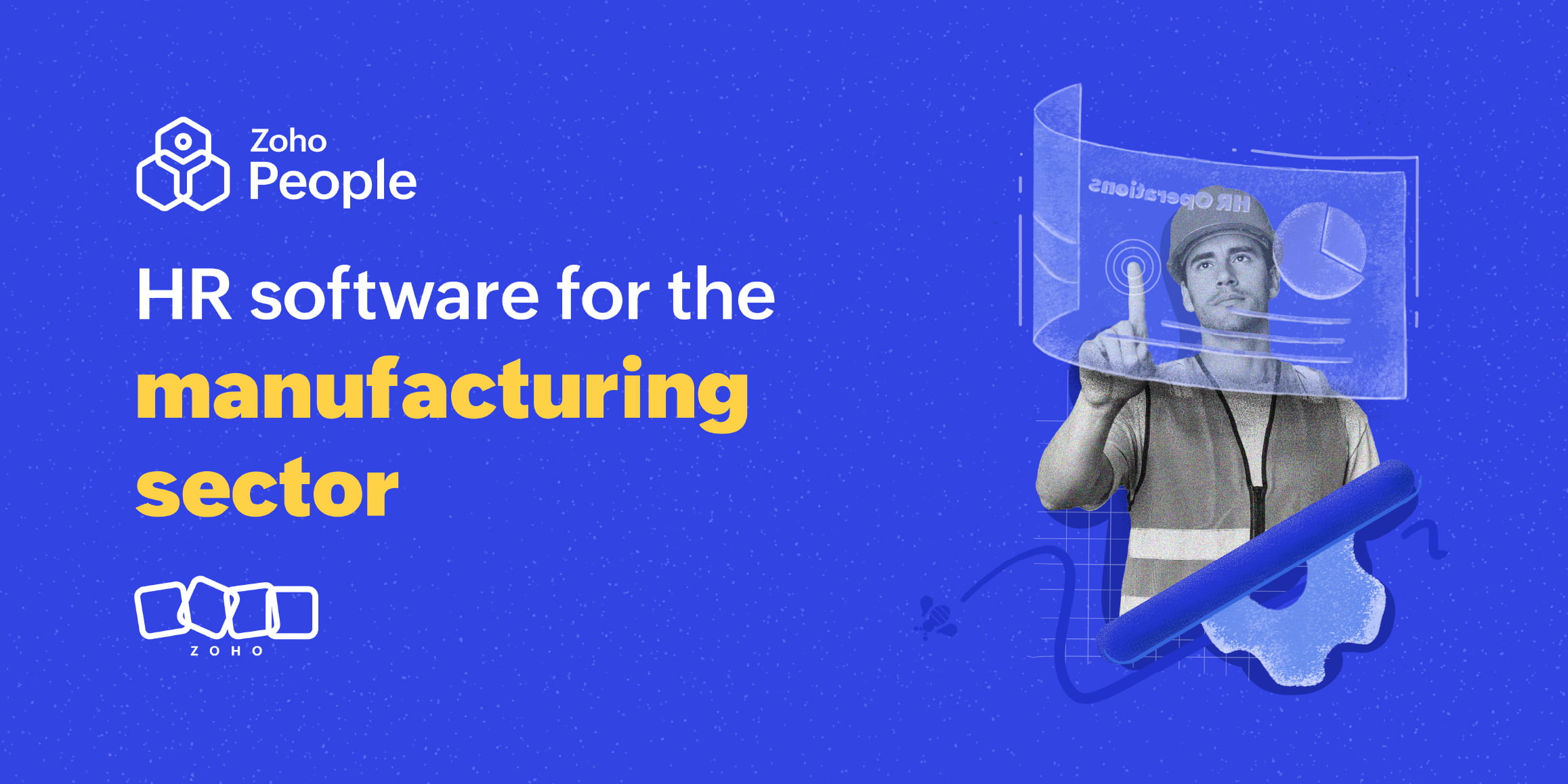- HOME
- HR insights
- Top 5 employee management myths that you need to know
Top 5 employee management myths that you need to know
- Last Updated : January 24, 2025
- 2.9K Views
- 5 Min Read

People management is a broad topic that encompasses a variety of essential workplace practices including payroll, leave, performance, experience, engagement, scheduling, conflict resolution, and professional development. How well you manage these aspects of an employee's work environment has a direct impact on their happiness and productivity. Creating a favorable workplace not only inspires your people to work at their best, but also to stay with your organization over the long haul. In this article, we are debunking the top 5 employee management myths that prevent organizations from unlocking employee potential:
Myth #1: Performance reviews mean criticizing underperforming employees
Many workers are still under the misapprehension that performance reviews are conducted mainly to target and criticize underperforming employees. That's why many still dread reviews. Every employee, regardless of how they perform, needs continuous performance reviews to understand their strengths and weaknesses, set goals for the upcoming period, and take on larger responsibilities.
During the review, try telling your top-performing employees how their work made a difference and what they can do to take it to the next level. If you only focus on underperforming employees or weaknesses in your workforce, it will be difficult for your people to know when they have done a good job. If an employee's performance did not meet your expectations, you could help them understand what didn't work and provide guidance on how to avoid similar mistakes in the future. This will help employees gain a sense of direction and perform better.
Myth #2: Only employees who work longer hours are productive
Longer hours doesn't always mean higher productivity. Employees who work eight hours a day may be just as productive as employees who work more. What matters is the quality of their work and how it adds value to your business. When you evaluate employees, be sure the criteria is based on the quality of their output rather than other processes or just working hours.
On the flip side, employees who work for longer hours may face severe burnout when it's left unchecked. Burnout may lead to increased exhaustion, loss of confidence, and lower levels of engagement and motivation. Additionally, a study from Stanford has revealed that productivity per hour decreases when a person works for more than 50 hours a week
Myth #3: Employees value salary more than anything else
This is another misconception that is still prevalent among some organizations. Though salary is one of the most important factors that influence an employee's decision to stay in their organization, it's not the only one. Candidates and employees are starting to give equal importance to benefits and perks such as flexible working hours, medical insurance, and wellness initiatives along with their salary. In fact, a recent survey from Staples has revealed that 62.3% of the respondents would accept a lower salary for better perks.
To attract top talent, you could complement your salary benefits with other unique perks. Remote work, paid time off, good health insurance, flexible schedules, and robust retirement plans are just some of the many valuable benefits that are catching employees' interests in today's jobs market.
Myth #4: Employee recognition programs don't work
Employee recognition isn't just a fancy buzzword. Well-planned employee recognition programs can do a lot of good to an organization in terms of employee productivity and performance. When employees are appreciated and recognized, they are more likely to go the extra mile to work better for their organization. They'll feel better about their work and have more understanding of how they contribute to the goals of their team and business as a whole. Unfortunately, recognition is too often getting overlooked or put on the back burner, and employees are noticing. According to research conducted by OGO, 82% of respondents felt that their supervisors didn't appreciate their work enough.
If you can implement a comprehensive employee recognition program, there's nothing like it. But that takes a lot of time and resources to implement, and you may benefit from starting with smaller steps. Something as simple as a thank you can do wonders for you workers' confidence. You can also send a well-drafted, specific, and timely message saying how an employee's work has made a difference to your organization. Use internal chat systems or meetings to make the recognition public, boosting morale even higher. Then, when you have the resources, you will have created a cultural foundation to build a strong recognition program.
Myth #5: Millennials and Gen Z aren't loyal to their companies
This is one of the most common misconceptions about millennials and Gen Z in the workplace. Millennials and Gen Z are often seen as job-hoppers, always switching companies every two or three years for better opportunities and benefits. Contrary to this notion, a report from Zapier has revealed that Gen Zers plan to work for at least six years with their current organization on an average, and millennials plan to stay in their current organization for a total of 10 years. This generation of workers want to work for organizations and do jobs that give them a sense of purpose and fulfillment.
To attract millennials and Gen Z employees, focus on your organizational culture and core values. Employees from these generations tend to work with organizations whose values align with theirs. Help them understand why their work matters and how it impacts others in the community. Furthermore, millennial and Gen Z employees value career development opportunities. A survey from PWC has revealed career development is one of the major attractions in an employer.
Wrapping up
As an HR professional, you cannot afford to let these myths and misconceptions affect the way you manage your employees. Buying into these false beliefs will undoubtedly damage your people management strategies and may even result in serious consequences such as high turnover, poor employer reputation, and low productivity. Above all, if you're wondering what initiatives will matter most to your employees, ask them. They will have the best idea of how they'd like their work environment to be improved. We hope this article helped you understand the truth behind these myths so your people management strategies can be more successful going forward into a post-pandemic world!
Also Read: What are the best ways to manage employees?
 Tarika
TarikaContent Specialist at Zoho People


